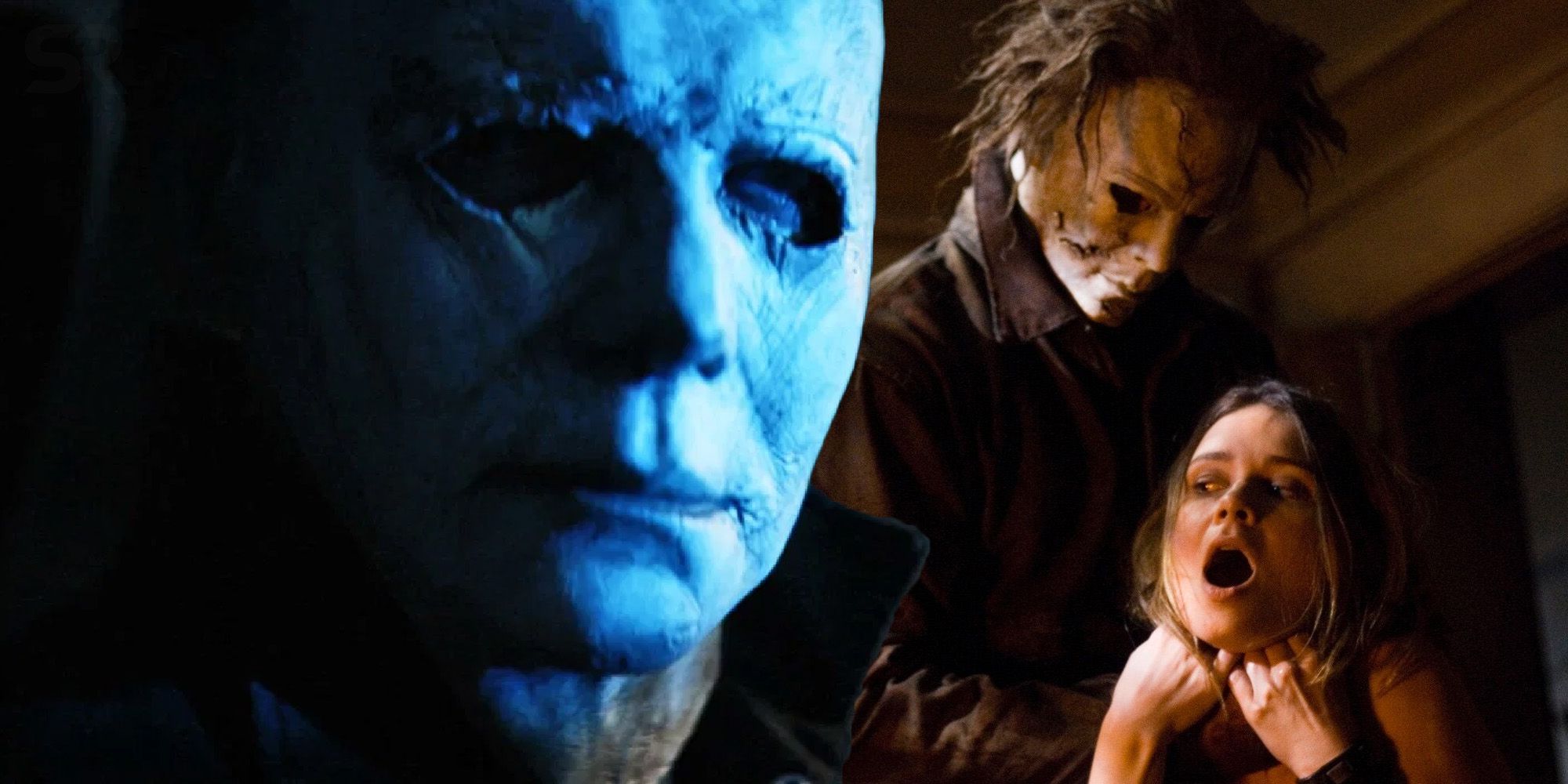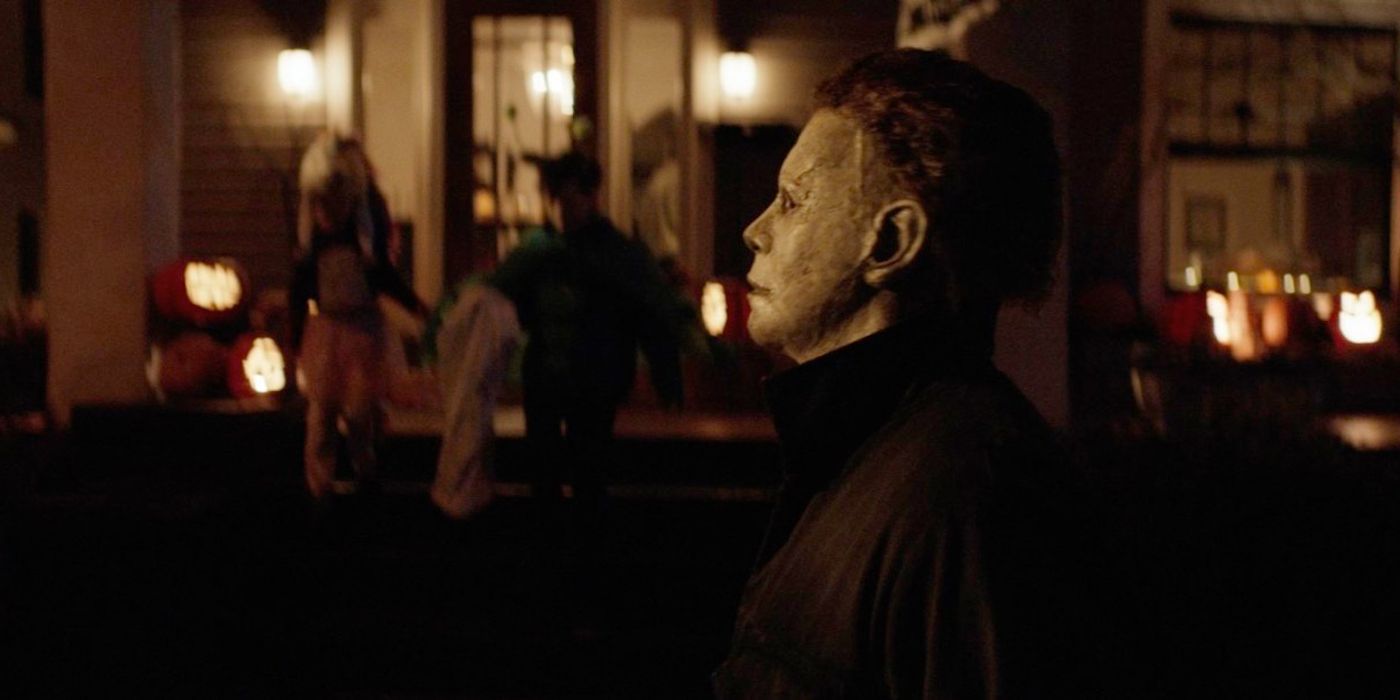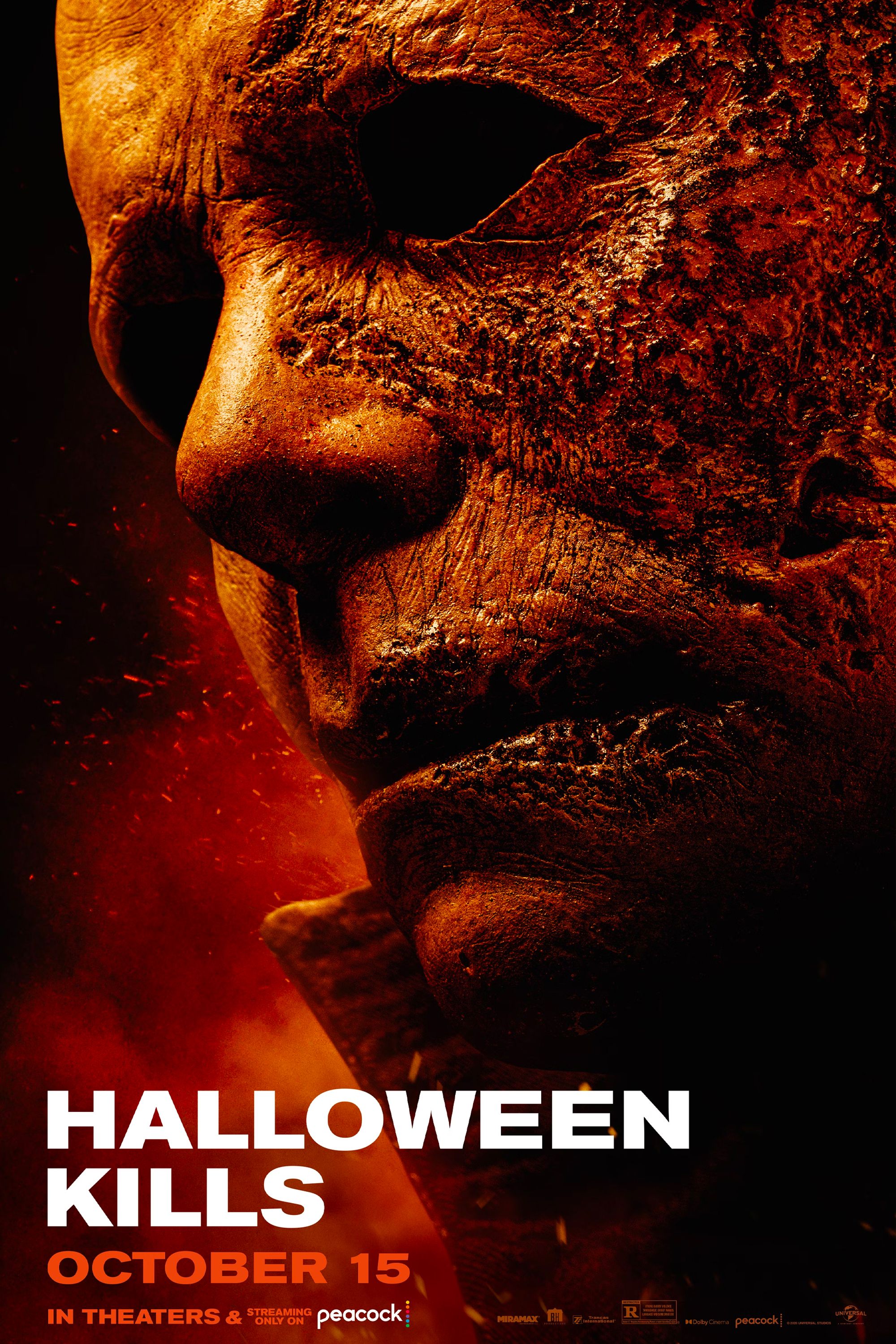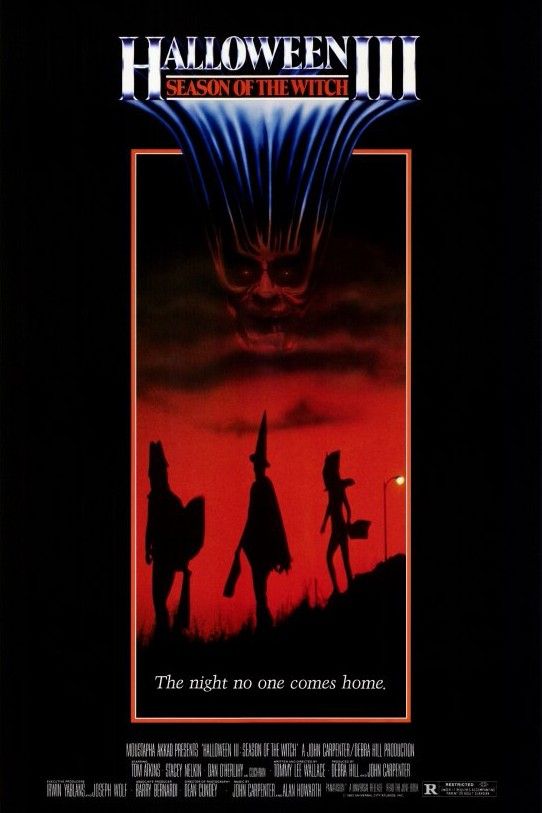The Halloween franchise’s upcoming Halloween Kills promises a bloodier sequel, which is possible without a sacrifice in quality, but it needs to be cautious in order to avoid a massive mistake found in Rob Zombie's Halloween movies.
There are lots of powerful slasher icons to grace the horror genre, but the cold and calculated nature of Michael Myers has given the Halloween movies a larger shelf life than its contemporaries. John Carpenter is a true master of cinema and his precise shot composition and haunting score make the original Halloween a genuine classic that’s among the director’s very best work.
The effective nature of Halloween and Michael Myers have resulted in many lackluster sequels that ultimately don’t have enough of an idea of what to do with the famous boogeyman. Halloween sequels had to reach a true low and go through a full, edgy reboot before it returned to a credible place. 2018’s Halloween strips the franchise of its excessive baggage and delivers a sequel that returns to the core relationship between Laurie Strode (Jamie Lee Curtis) and Michael Myers. 2018’s Halloween strives to feel like a true successor to Carpenter’s 1978 original, which makes the news that Halloween Kills is going to be much more violent an area of concern for some fans, given some harsh critiques of Zombie's ultra-violent remakes.
The first Halloween does so much with mood and tension that it’s easy to forget that it’s not very violent of a movie. It’s only the Halloween sequels that started to indulge in this area. Gore can be par for the course in the horror genre, but it can also show a lack of confidence in the other material surrounding the story, characters, and overall narrative. Rob Zombie’s Halloween movies were maligned for a number of different reasons, but their gratuitous and unfounded use of torture and abuse were a big criticism. The news that Halloween Kills is adopting a more violent attitude has people concerned that these sequels may devolve into Zombie’s movies. Audiences don’t want to see this promising return to the series turn into what’s happened so many times before.
An important distinction here is that blood and gore isn’t necessarily antithetical to the Halloween franchise, but it just needs to incorporate it in a way that feels representative of the films’ twisted sensibilities. 2018’s Halloween does have some violent moments that are excessive, especially when in contrast to the first movie, but the modern sequel understands how to play into that tension, and has them reflect deeper characterization of Michael Myers’ decline. It’s only natural for Halloween Kills and Halloween Ends to want to deliver bigger movies than before, but as long as they remember the basics of the series, it won’t be an issue. Halloween knows better than to go for easy and lazy kills that are more gruesome than they are frightening.




